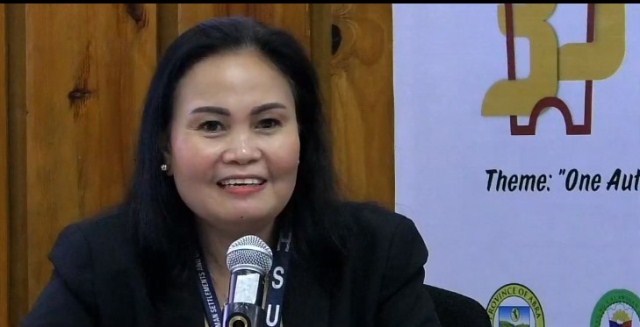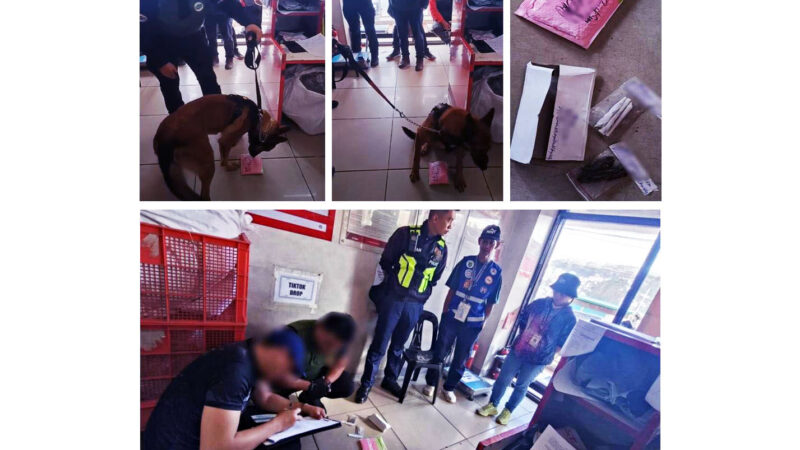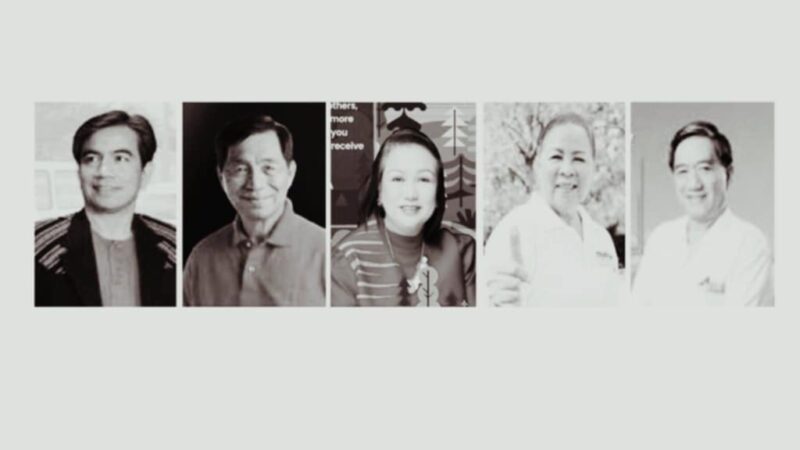DHSUD ensures better quality of life for every Filipino family

AFFORDABLE AND RESILIENT HOUSING. Department of Human Settlements and Urban Development (DHSUD) Cordillera regional director Maria O. Amoroso says the agency focuses on the establishment of a well-planned and sustainable community and human settlement through affordable and resilient housing responsive to the needs of every Filipino family, during the conduct of the first of a series of sectoral kapihans to advance the region’s advocacy for autonomy with the Regional Social Development Committee (RSDC) on July 6, 2022, in Baguio City. //Merriam del Rosario, FNS
BAGUIO CITY — The region’s Department of Human Settlements and Urban Development office (DHSUD-CAR) vowed to ensure that the heart of its programs will focus its goals on the provision of affordable and resilient housing for every Filipino family across the country.
“Our vision for sustainable and resilient communities and nation may be far-felt for today, however, it is something that we can do; something which will not only remain in our imagination but rather that which we can collectively create today for our children to benefit tomorrow,” DHSUD-CAR director Maria O. Amoroso said on her live social media greeting during the region’s 35th Founding Anniversary on July 15, 2022.
DHSUD is the central housing authority in the Philippines, founded on February 14, 2019, by virtue of Republic Act 11201.
It consolidated the duties and functions of the Housing and Urban Development Coordinating Council (HUDCC) and the Housing and Land Use Regulatory Board (HLURB), except for adjudication, which is now handled by its attached agency, the Human Settlements Adjudication Commission.
“DHSUD is a very young institution created under the Duterte administration…but our functions and mandates are not new to us because this is only the merging of the two offices which is the HUDCC and the HLURB,” Amoroso said during the first of a series of sectoral Kapihan sa Baguio with the Regional Social Development Committee (RSDC) in celebration of the 35th Cordillera Month held at the RDC Hall of NEDA-CAR on July 6, 2022.
In her committee report, Amoroso, who is also the chairperson of the RSDC Sub-Committee on Housing said they continue to assist LGUs in the preparation and updating of their Comprehensive Land Use Plans (CLUP), register accreditations of housing and condominiums including monitoring, regulating, community development, and registration of homeowners associations.
The committee was also able to pass several resolutions which included the provision of housing and subsidies for the less fortunate members of the community which also contained among others, provisions for Solo Parent Housing, the utilization of the Escrow Fund coming from private sector partners, and the utilization of Socialized Housing, Amoroso said.
“The Luna Terraces socialized housing program of the local government of Baguio is our model pilot project using the Escrow Fund, which lessens the housing backlog of Baguio City,” Amoroso said.
Amoroso said the Luna Terraces is a tripartite agreement between the city government of Baguio, the National Housing Authority (NHA), DHSUD, and the private sector.
Amoroso said the city is scouting around for areas to be utilized for socialized housing, although like the rest of the cities in the country, there are limited land areas in Baguio for residential development.
“So we go for condominium types of development—this is where the private developers participate and where their compliance goes, which only the LGU can utilize,” Amoroso said.
“I urge other LGUs also, yung merong mga available areas for residential to request our office to finance for the land development including housing,” Amoroso said.
As to their contribution towards the region’s pursuit for autonomy, Amoroso said they are advocating IP Housing through their “Pabahay Caravan” activity which kicked off last month and was attended by all six (6) provincial LGUs of CAR.
Amoroso said the pabahay caravan addresses the housing backlog and the implementation of the local charter plan of each municipality.
“I am in the process of finalizing our project proposal for the IP Housing, and I think the escrow already devised housing compliance to finance this housing advocacy,” Amoroso said.
Amoroso said they also advocate the approval from their top management of their “eco-village” approach in developing a community that provides livelihood, aside from housing, as part of the main regulatory provisions on housing and land use.
“This will be a complete community with a livelihood component, to help upgrade and uplift the living conditions of our beneficiaries in the region,” Amoroso said.
According to Amoroso, the programs and services of DHSUD-CAR are also aligned with the region’s advocacy for autonomy, including the selection of applicants for employment in the agency.
She said they will make sure that majority of their employees are cordillerans.
“Rest assured that DHSUD-CAR will be very supportive in the passage of the autonomy bill, at nandito lang kami to provide a decent and affordable housing for every Filipino family to uplift their quality of life,” Amoroso said. #







